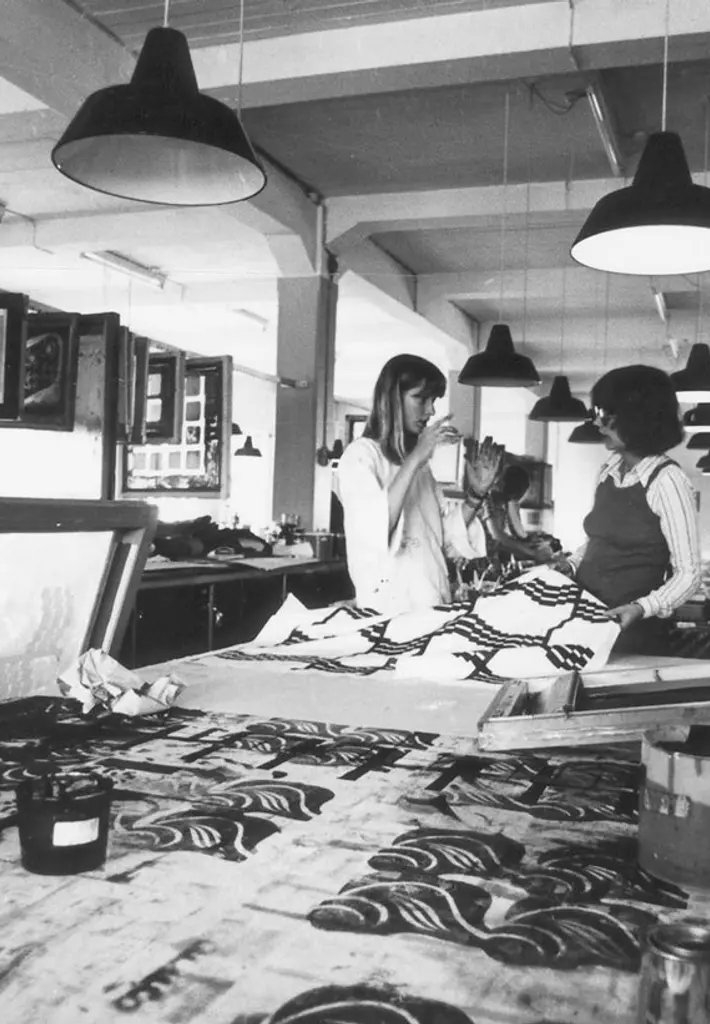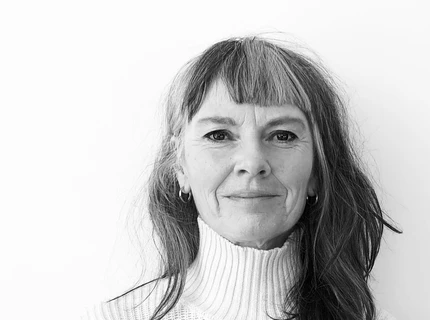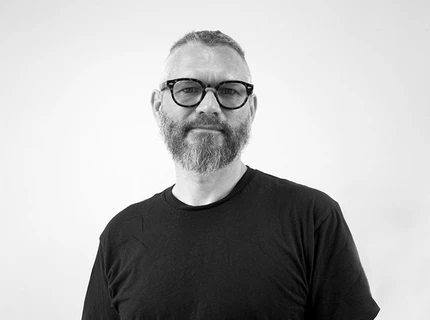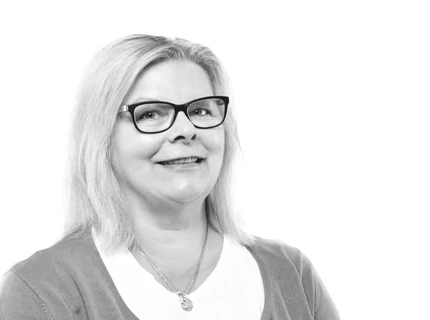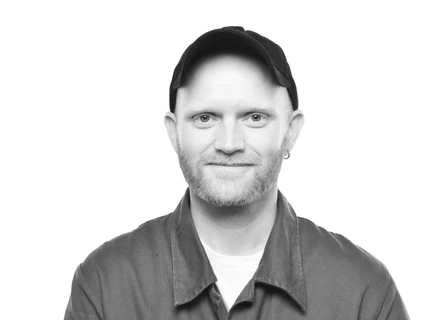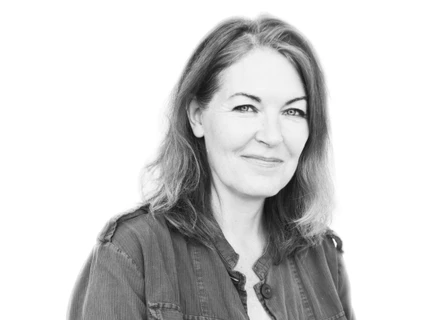About the school
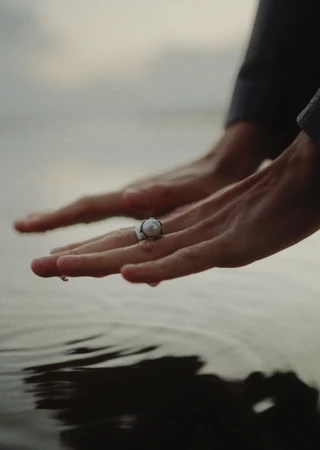
“Kolding School of Design wants to inspire, challenge and develop Danish design and the designer's role, relevance and reach in a global reality.”
Opportunities and solutions
We explore how to live and how to create positive change. We try to solve problems and envision new possibilities.
Because the world is calling for change. For sustainability, community and a good life for everyone. So, it's not just about filling our lives with more stuff but about improving what already is. Making it more beautiful, functional, playful and appealing. It's about listening to people's needs and including them in the development of new solutions.
Kolding School of Design has around 400 students and enjoys international recognition as a design university where students can work with tools, techniques, concepts and methods in an international environment and with easy access to good workshop facilities.

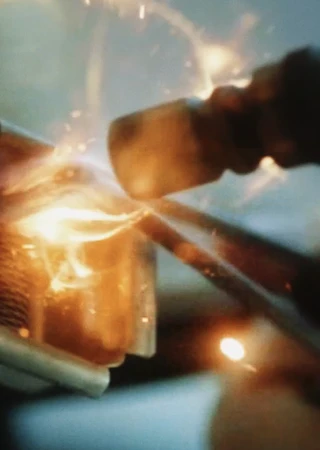
“Kolding School of Design aims to inspire, challenge and develop Danish design and the designer’s role, relevance and scope in a global reality.”
Strategic areas: Sustainability, welfare and play
Design research
In 2010, Kolding School of Design was granted the status of research-based education, and has a research and educational structure following the principles of the Bologna Declaration. The development of the programme and the construction of a design research environment are key tasks for the school in the coming years, as society and industry are making ever greater demands on the designers being trained. Designers must be able to understand and engage in increasingly complex contexts both societally and production-wise.
Cooperation with industry
Cooperation with Danish and foreign industry is a cornerstone of Kolding School of Design’s strategy. The school is committed to continuously building and maintaining good relations with industry. Representatives of the Confederation of Danish Industries and the design industry sit on the school’s board of representatives and board of directors, and thus directly participate in discussions regarding the aims and content of the programme. The school works continuously to develop its close cooperation relations with industry. The school’s increased efforts with regard to major development projects, business partnerships and internships have raised far greater awareness of the innovative potential of the programme internally and externally, and a much broader employment perspective.
International collaborations
Internationally, Kolding School of Design is assuming a leading position. The school is part of the well-run cooperation network in the Nordic countries and the EU, and also has cooperation agreements with various design schools outside the EU. To ensure that Kolding School of Design continues to develop, and can measure up to the best, it is a strategic area for the school to continuously nurture and develop international contacts, networks and partnerships, and benchmark the school’s programmes with some of the world’s best design schools.
Danish design and Danish design education continue to enjoy a high level of international recognition – something a representative of the design education meets in the programme’s EU network as well as in the design community in Europe and China. In an increasingly tough global competition, design and innovation are key competitive parameters in Denmark today and in the future, which naturally places focus on improving the quality of the design education.
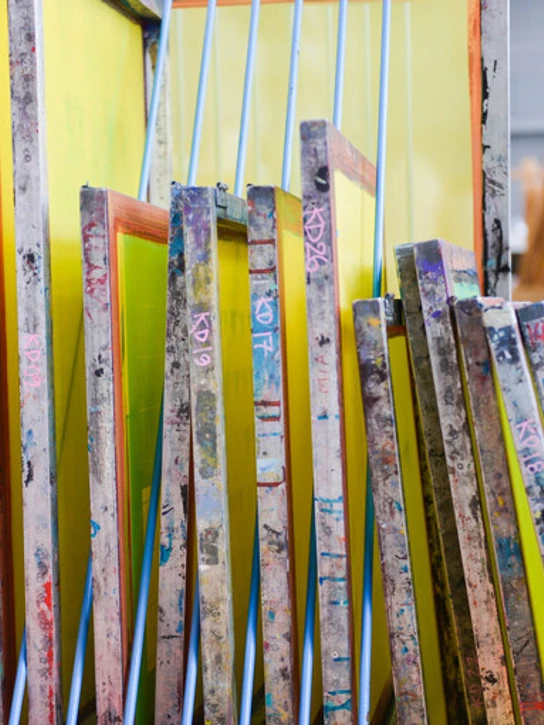
Annual reports
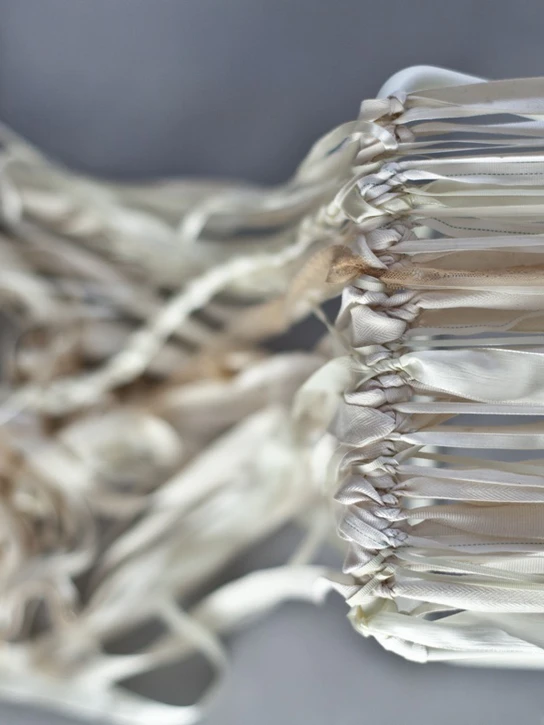
Kolding School of Design is an independent institution with its own board of directors and a board of representatives made up of a number of designers and representatives from the industry.
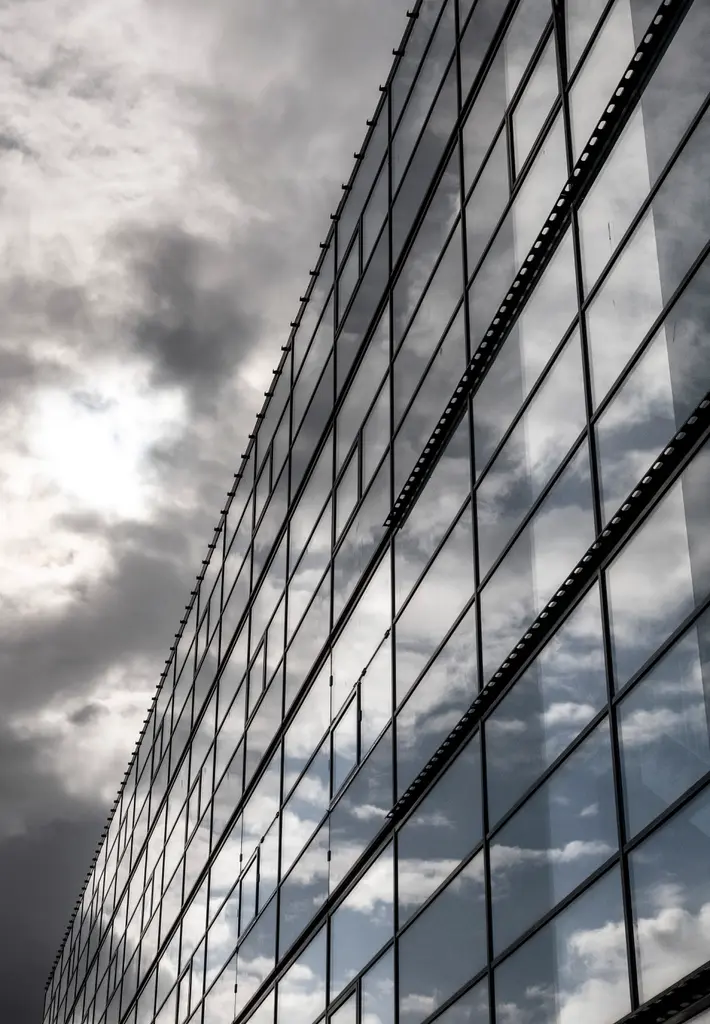
Meet the employees at Kolding School of Design
Find surveys of the Educational Environment at Kolding School of Design along with job satisfaction measurement reports.
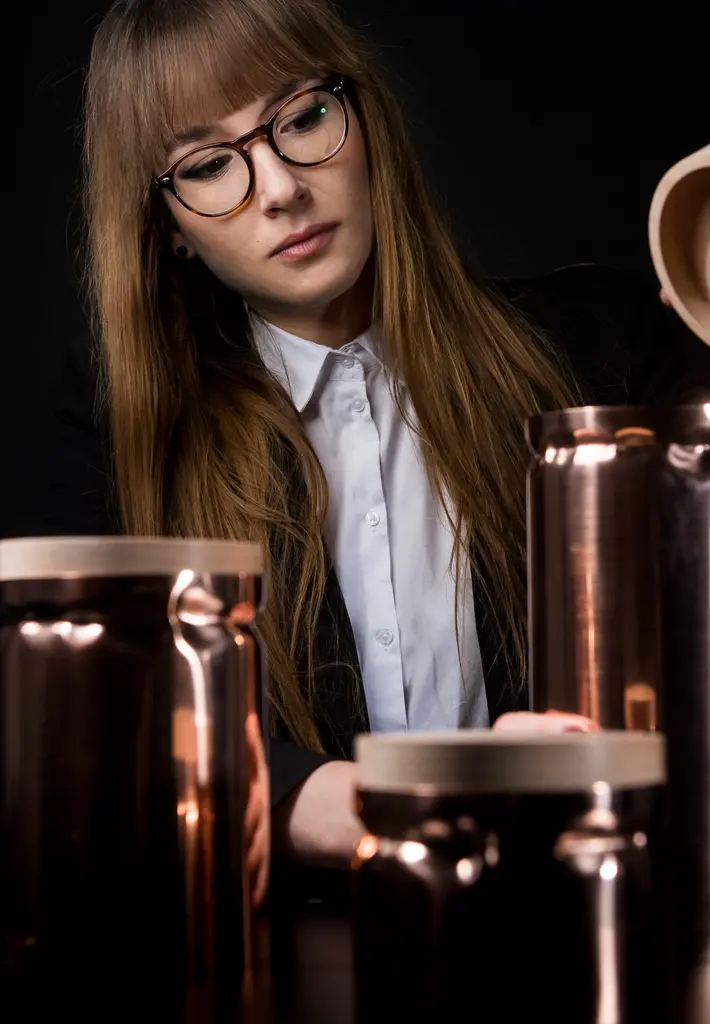
Competitions and exhibitions
“Kolding School of Design has managed to invigorate large design companies in the immediate area and has raised the interdisciplinary standard. The school has also helped to ensure the presence of a strong, high-quality, international design environment outside Copenhagen. It has made the Danish design DNA – based on values and aesthetics – relevant to the 21st century”, the Council said.
In 2016, 2018, 2019 and 2020 Kolding School of Design graduates received the Young Talent Award at the Danish Design Award.
In 2017 Kolding School of Design was nominated for the prestigious Milano Design Award for the REDO Super Supermarket exhibition at Salone del Mobile, the world’s leading design fair.
Kolding School of Design has two final projects represented in the permanent collection of the Museum of Modern Art.
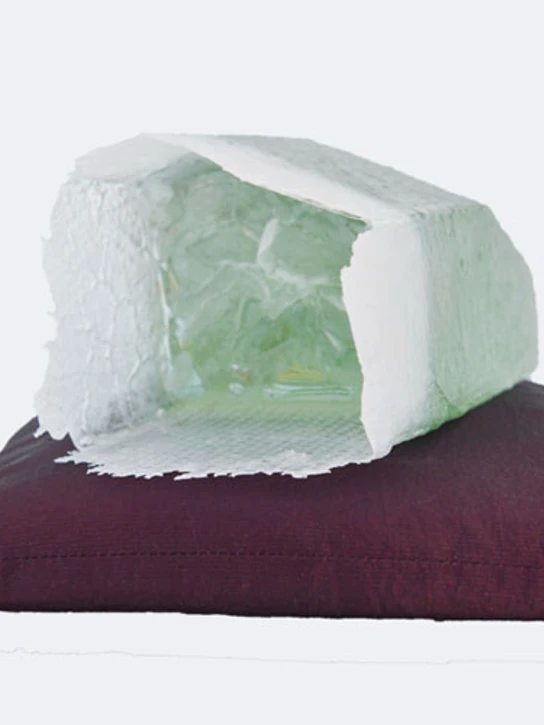
History
